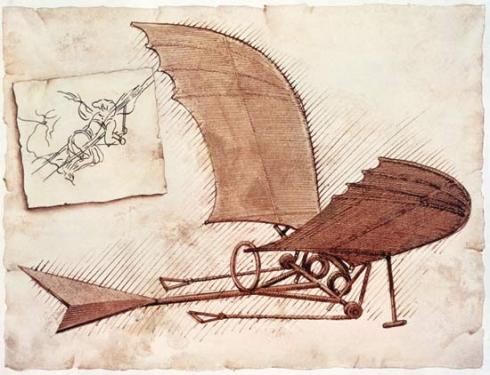The Creative Nature of Marxist Science
Marxist philosophy is a creative, developing science and not a parcel of immutable, petrified principles taken on trust. It does not stand still, but moves forward, keeping abreast of the continuously changing life and is daily enriched by the latest achievements in society’s historical development and in natural science. Marxist philosophy arose at a time when capitalism was ascending and social development was relatively slow and tranquil. The historical situation changed radically at the turn of the 20th century. Capitalism passed into its last, imperialist, stage, and economic and political contradictions became particularly acute. The period of relatively peaceful development ended with the advent of imperialism and gave way to social storms and revolutions.This period, characterised by a radical break-up of social relations, coincided in time with a revolution in natural science. The discovery of the electron, radioactivity and other major scientific achievements overturned the old conceptions of matter and its properties because metaphysics regarded them as final and immutable.
Obviously, these new conditions necessitated the creative development of Marxist philosophy. It was imperative to generalise the newly-acquired experience of the proletariat’s revolutionary struggle and the latest achievements of natural science, all the more so because the forces hostile to Marxism became more active and intensified their attacks on dialectical and historical materialism, the theoretical foundation of the working class’s world outlook.
At the end of the 19th century the centre of the international working-class movement began to shift to Russia where the first bourgeois-democratic revolution of the epoch of imperialism with the proletariat as its hegemon was maturing, and objective prerequisites for its development into a socialist revolution were taking shape. Russia became the birthplace of Leninism. Leninism is Marxism of the new historical epoch, the epoch of imperialism and proletarian revolutions, the epoch of the transition from capitalism to socialism and the building of communist society. Therefore, it is not fortuitous that the further creative development of Marxist philosophy is indissolubly bound up with the name of the leader of the Russian and international proletariat, Vladimir Lenin (1870–1924). His contribution to Marxist philosophy is so great and multifarious that it constitutes a stage, an epoch in the history of philosophical thought.
Source: http://leninist.biz/en/1980/MP399/02.3-Creative.Nature.of.Marxist-Leninist.Philosophy


No comments:
Post a Comment
Comments